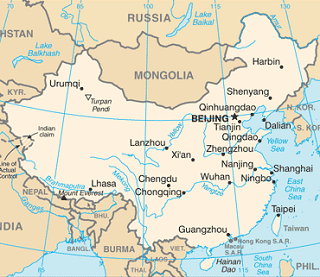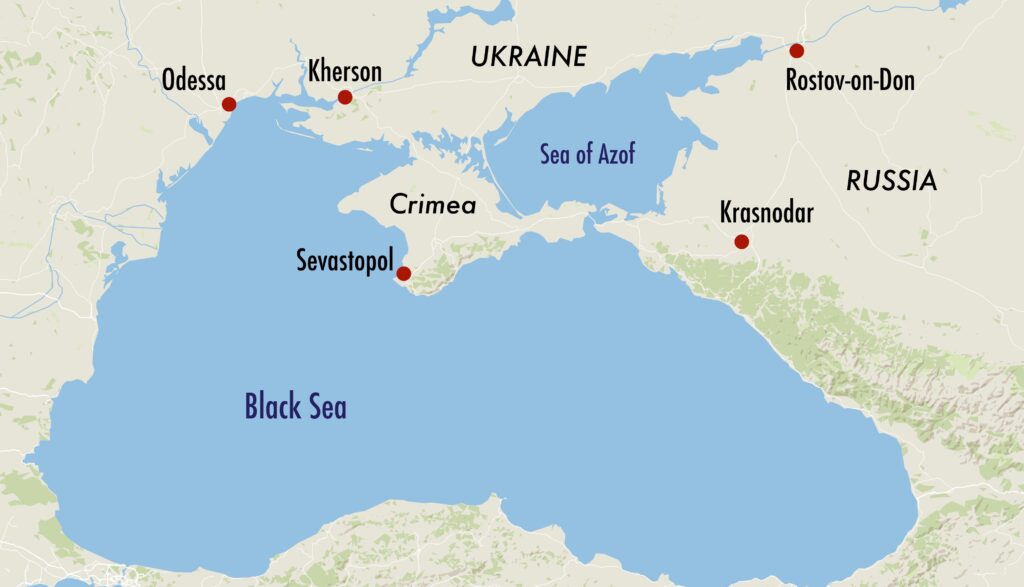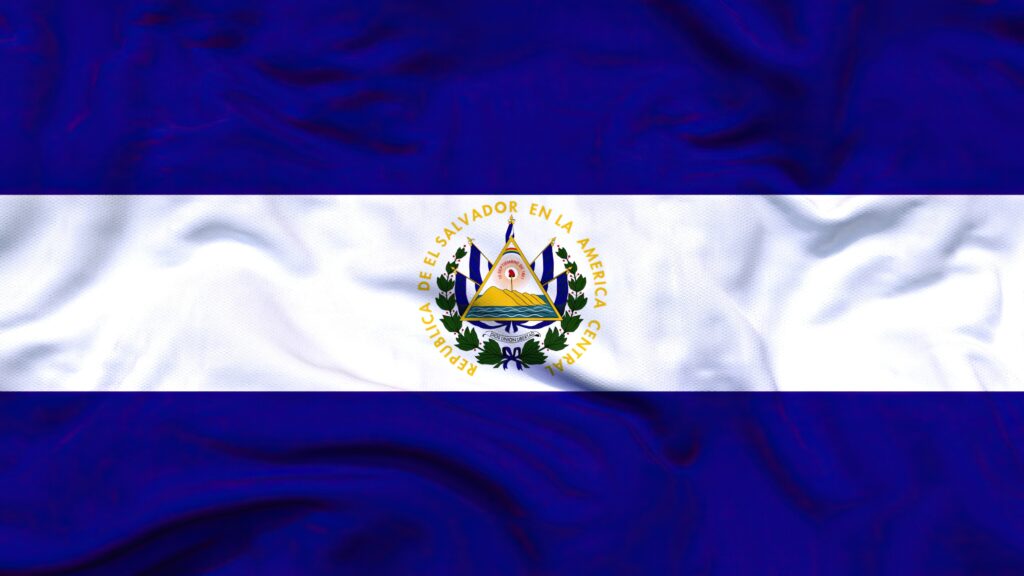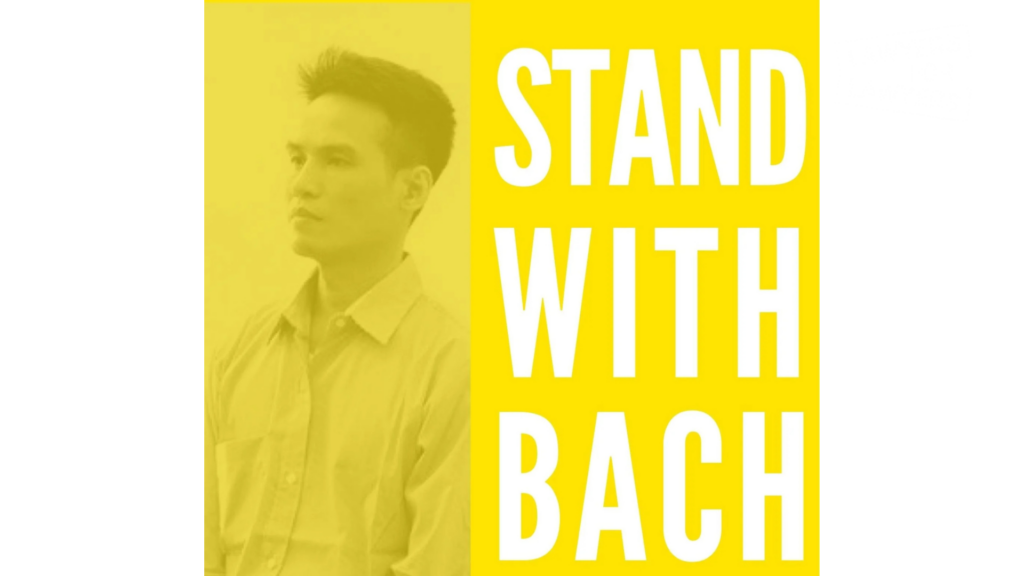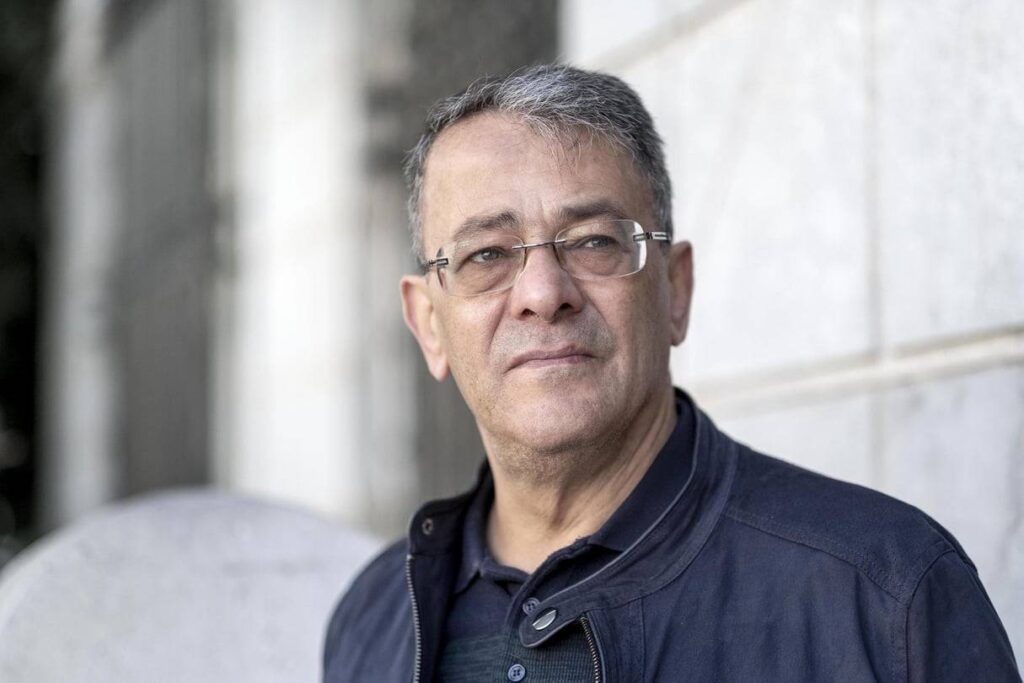Today, 9 July 2018, marks the third anniversary of the “709-crackdown”. On this day in 2015, an unprecedented and seemingly well-coordinated detention campaign of a large number of human rights lawyers and defenders started in China. Three years later, the situation of human rights lawyers in China has not improved but has deteriorated.
The wave of arrests during the “709-crackdown” followed the disappearance of lawyer Wang Yu on 9 July 2015. In the weeks hereafter, more than 300 human rights lawyers, legal assistants and rights activists were targeted during the nationwide sweep now known as the ‘709 crackdown’, referring to the day the Chinese authorities conducted the first arrests.
Prison sentences and new arrests
In the past year, lawyers Jiang Tianyong, Zhou Shifeng and Xie Yang were sentenced to lengthy prison sentences. The whereabouts of lawyer Wang Quanzhang, who dissappeared in August 2015, remain unknown. Wang Quangzhang’s former defense lawyer Yu Wensheng was arrested 5 months ago and charged with “inciting subversion of state power” and “interference with public duties.” Under the charges of “picking quarrels and provoking troubles” and fraud, Wang Yu’s defense lawyer Li Yuhan was arrested in the last year and has been held in custody for over 8 months, despite her daily need of a number of drugs for her chronic diseases.
Repression in the form of administrative punishments
Also the lawyers that were not arrested in the aftermath of the “709-crackdown” are facing difficulties in exercising their professional activities. This is the direct result of the revision and adoption of Measures for the Administration of Law Firms and Administrative Measures for the Practice of Law by Lawyers in 2016, which serve as the legal basis for the Ministry of Justice to impose administrative sanctions on lawyers.
To practise law, lawyers in China need to have a license. This license must be renewed annually. The two regulations contain stricter rules for obtaining and renewing licenses to practise. One of the regulations for example stipulates that lawyers are prohibited from expressing online or offline opinions that may “endanger national security” or “incite people’s irritation against the Chinese Communist Party”. The Chinese authorities also put pressure on the law firms where the lawyers concerned work by threating that the firm itself may not pass the annual review should the firm not discharge the lawyers concerned.
The loss of the license of a lawyer intervenes deeply in the personal life of the human rights lawyer and his or her family. In addition, human rights lawyers are no longer able to defend the interests of their clients.
Concerns
Lawyers for Lawyers has grave concerns about the situation of human rights lawyers in China. Together with Lawyers’ Rights Watch Canada, Lawyers for Lawyers has submitted a report for the Universal Periodic Review of China which will take place in October/November 2018. The report highlights the deteriorating situation of human rights lawyers in China, and in connection to this the failure of the Chinese authorities to guarantee effective access to legal services provided by an independent legal profession as set out in the UN Basic Principles on the Role of Lawyers. Furthermore, together with other organizations, Lawyers for Lawyers called for the release of all human rights lawyers detained in the “709 Crackdown” and to immediately and unconditionally withdraw all decisions about revoking and invalidating lawyers’ licenses and other administrative punishments.
